detail profile stoycho mazgalov
Peran Yang Di Mainkan Stoycho Mazgalov
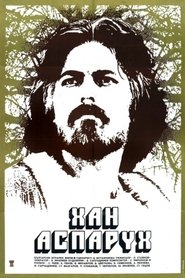 This is an epic screen presentation...
This is an epic screen presentation...Khan Asparukh - Part I - Phanagoria 1981
This is an epic screen presentation showing the creation, the consolidation and the power of First Bulgarian Kingdom and the first Bulgarian ruler Khan Asparuh. This is the first part of the film trilogy about the events before the creation of the Bulgarian state in the middle of the VII century. Volga Bulgaria is straining under the attacks of the Khazars. Following the testament of his father, the sons of Khan Kubrat looking for a new home for their tribes. The youngest of them - Asparukh, wander 20 years in search of "land forever" for his people and reaches the mouth of the Danube. The film is narrated by captured Byzantine chronicler Belisarius, which should Asparukh in his journeys. Byzantine witnessed the heroic efforts of the Bulgarians to win the land south of the Danube and to create their new country.
 The last part of the epic...
The last part of the epic...Khan Asparukh - Part III - Land Forever 1981
The last part of the epic "Khan Asparukh" - "Land Forever" is an impressive finish to scale narrative, created for the nationwide celebration of 13 century anniversary of the Bulgarian state. The authors collected in final chord all storylines, culminating in the political strengthening of the young Bulgarian state. In the center of the film epic again is the image of Khan Asparukh - a lofty romantic hero who embodies the virtues and energy of his people.
 This is an epic screen presentation...
This is an epic screen presentation...Khan Asparukh - Part II - The Migration 1981
This is an epic screen presentation showing the creation, the consolidation and the power of First Bulgarian Kingdom and the first Bulgarian ruler Khan Asparuh. The second part of the great historical epic - "The Migration" - tells about the long journey to the land of the Bulgarians of today's Bulgaria. Here the young Khan Asparukh laid the foundations of the new state. The authors adhere to the established historical versions for this event. The film builds on the impressive mass scenes and the convincing served psychological characteristics of the main characters. The image of Asparoukh is a natural center of the story, in which many minor persons recreate the environment of the Khan. Romantic exalted, Asparukh is shown as capable leader of the people, consistently implement his own ideas.
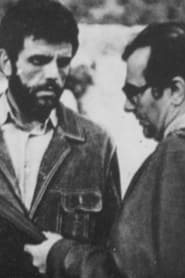 The horrifying conclusion to the Golden...
The horrifying conclusion to the Golden...Advent 1981
The horrifying conclusion to the Golden Age unfolds in a magnificently violent nightmare, signifying the birth of new era where darkness outshines the light. It's been a year since Griffith's imprisonment by the Kingdom of Midland. Once praised as the saviors of the Midland, the Band of the Hawk has been on the run and is on the brink of breaking apart. Much to everyone's surprise, Guts returns to the Hawks, and the search for Griffith begins!
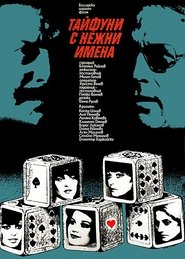 The Bulgarian intelligence officer Emil Boev...
The Bulgarian intelligence officer Emil Boev...Typhoons with Gentle Names 1979
The Bulgarian intelligence officer Emil Boev is residing in Bern, close to Bulgarian political emigrant Goranov. The Swiss and German women Rosemary and Flora are interested in him. Goranov is killed. Boev searches his apartment and finds few fake diamonds and the list of the spies in Bulgaria. Boev and the boss of a foreign intelligence service Benton are stuck in a bunker together. At the decisive moment, Flora appears and Boev manages to get away with the list of the spies. Boev is on the way to Bulgaria.
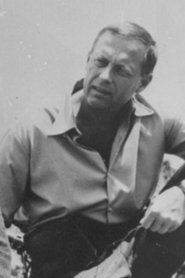 The year is 1948 and a counterrevolutionary...
The year is 1948 and a counterrevolutionary...The Wolf Pack 1972
The year is 1948 and a counter-revolutionary gang is active in the Pirin region. A State Security officer managed to infiltrate the gang. He becomes "one of their own", but isn't in a rush to complete his task.
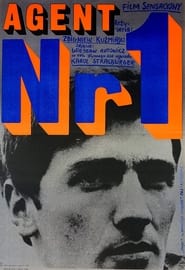 Jerzy SzajnowiczIvanov the son of a...
Jerzy SzajnowiczIvanov the son of a...Agent #1 1972
Jerzy Szajnowicz-Ivanov, the son of a Polish mother and a Russian father, raised in Greece, reports to the Carpathian Brigade in the spring of 1941. While the Poles are wary of him at first, he proves his worth by taking part in several sabotage actions against the Nazis.
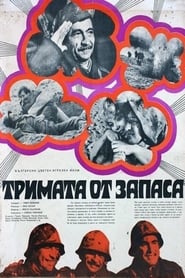 In 1945 on the battlefields in Hungary...
In 1945 on the battlefields in Hungary...Three Reservists 1971
In 1945, on the battlefields in Hungary, three Bulgarian soldiers from the reserve have to fight for the liberation of the country. They are totally unprepared for the war and have no desire to take part in the battles. The three reservists are the sad sight and initially their commander wants to send them back to Bulgaria. But their attitude is changed after the witnessed tragedies. Without knowing it, they all turn into heroes.
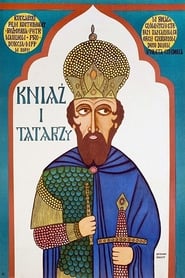 At the end of 13th and...
At the end of 13th and...The Prince 1970
At the end of 13th and the beginning of the 14th century twenty-four-years old, Prince Svetoslav Terter takes the helm of the state. The young Prince engages in a intricate political game, into getting his way by means of court intrigues, and is forced by circumstances. Svetoslav Terter is remarkably shrewd and consistent. He is perhaps the only head of state at this time to take the liberty of impeaching the primate of the country's church. He tries to rally the neighboring Slav people to a joint resistance to the Turkish conquest. Terter lives through a great personal tragedy. He becomes estranged from his dearest person, Mariya, who is too weak to join him on the difficult road of his choice. (written by Georgi Djulgerov)
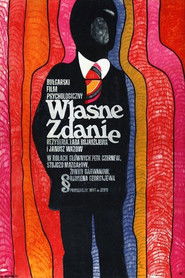 In the trial against Boris Lazar...
In the trial against Boris Lazar...Differing Opinion 1970
In the trial against Boris, Lazar is the main witness for the prosecution. The two are the comrades-in-arms. Now they are opponents, because of a conflict concerning a coal conveyor where they work. Lazar is afraid of taking risks. Boris, however, is not afraid of taking responsibility where innovation is at stake. The conflict ceases to be confined to production problems and grows into dispute over commitment to principle and ethics. After harrowing hesitations the main witness Lazar gives evidence in Boris's defense.
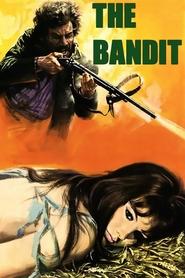 Sicily 1865 Two peasants Gramigna and his...
Sicily 1865 Two peasants Gramigna and his...The Bandit 1969
Sicily, 1865. Two peasants, Gramigna and his father are tricked by Baron Nardò and robbed of their field, which then the baron lets to Assunta, her daughter Gemma and her fiancé Ramarro. Determined to take revenge, Gramigna begins to hunt down Nardò's complicit mediators. Unbeknownst to Gramigna, Gemma, to escape her arranged marriage, goes after him. Love and violence will follow all till their desperate ends.
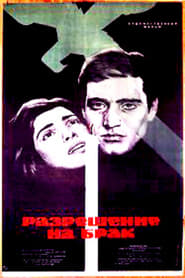 In the House of Marriages the...
In the House of Marriages the...Vula 1965
In the House of Marriages, the young couples are paraded one after other. The newlyweds sign the register, kiss and receive congratulations. The picture fades out and another house takes shape: house of executions. An antifascist resister condemned to die marries his beloved minutes before facing the firing squad.
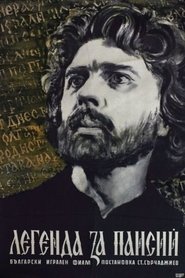 The beginning of the 18th century...
The beginning of the 18th century...Legend of Paisiy 1963
The beginning of the 18th century. Bulgaria is under the Ottoman bondage. The monks of the Monastery of Hilendar on Mount Athos warn the young monk Paisiy to beware of the "pestilent chapel". On his deathbed, the abbot conjures Paisiy to search for Slavonic books. The young monk goes from one monastery to another in search of ancient books. He breaks into the "pestilent chapel" and finds there stacks of old Bulgarian books telling of the wisdom of Bulgarians kings, and of the power and civilization of the Bulgarian Empire and its past glory. His fellow-monks try to burn the books but Paisiy manages to escape. His Slav-Bulgarian History circulates in handwritten copies through the captive country and the Bulgarians becomes truly aware of their national identity.
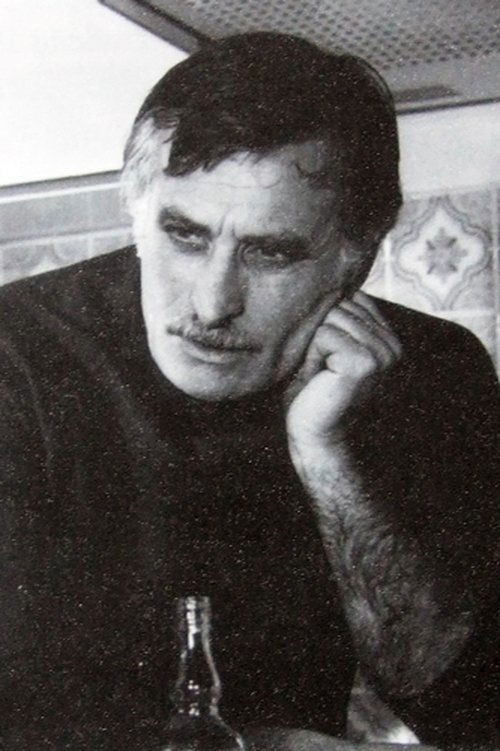
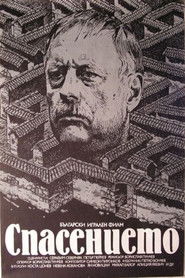 Bulgarian prisoners of war escape from...
Bulgarian prisoners of war escape from...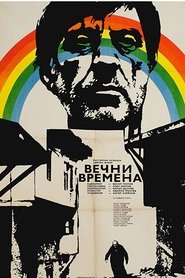 During the socialist regime in Bulgaria...
During the socialist regime in Bulgaria...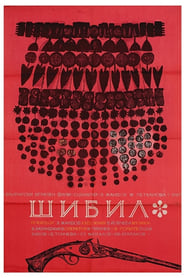 A bandit chief falls in love...
A bandit chief falls in love...